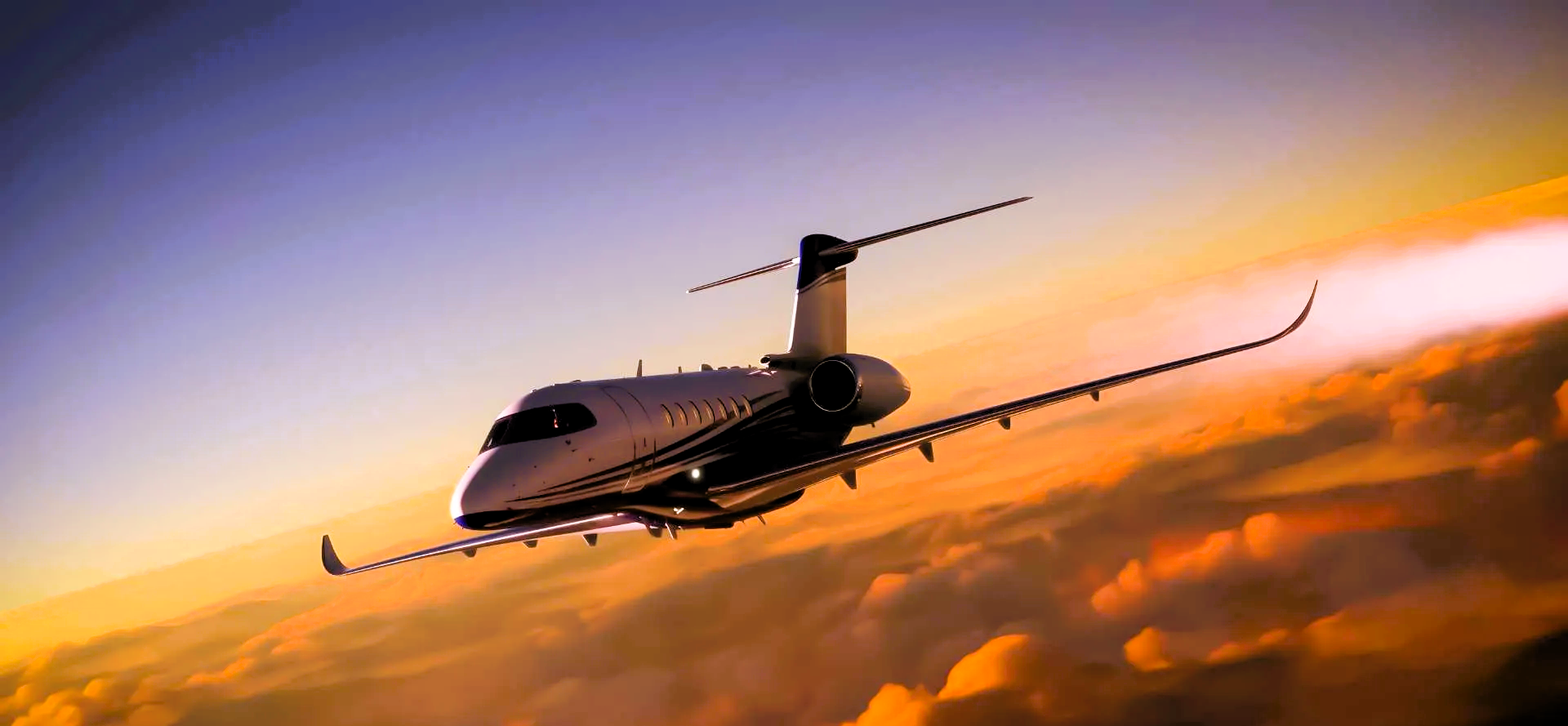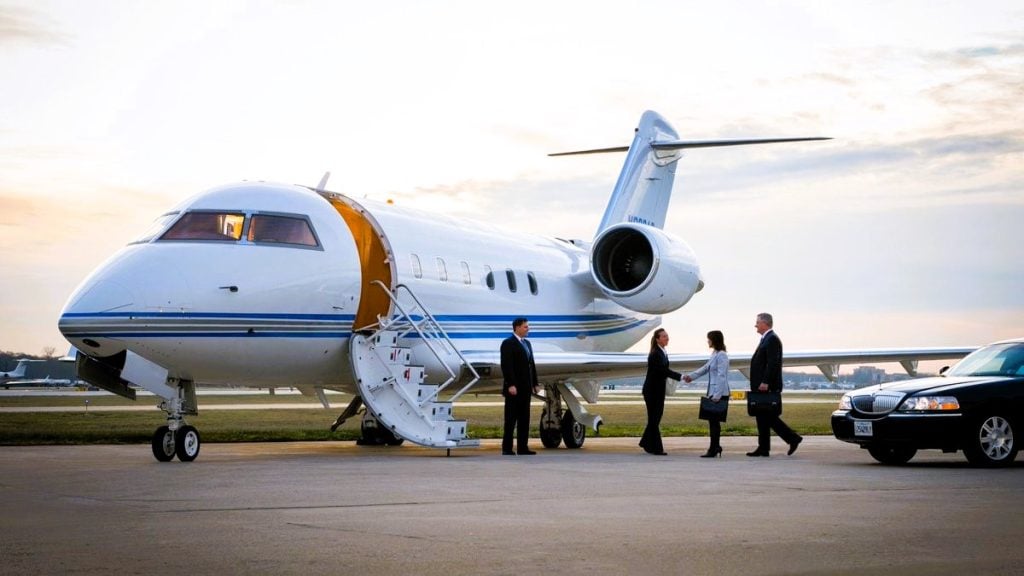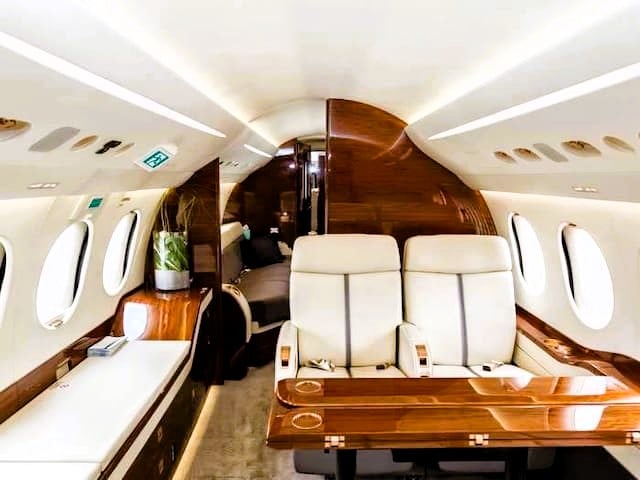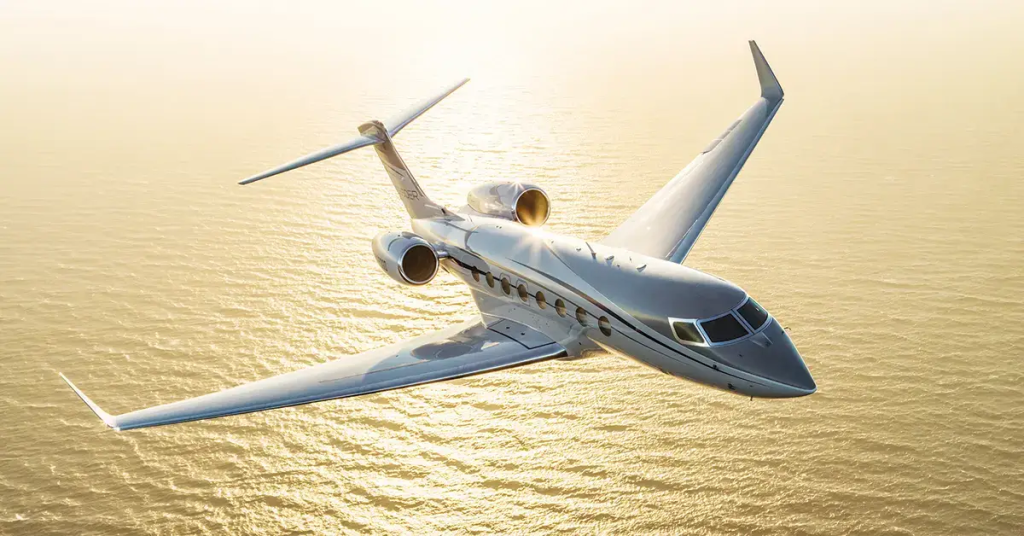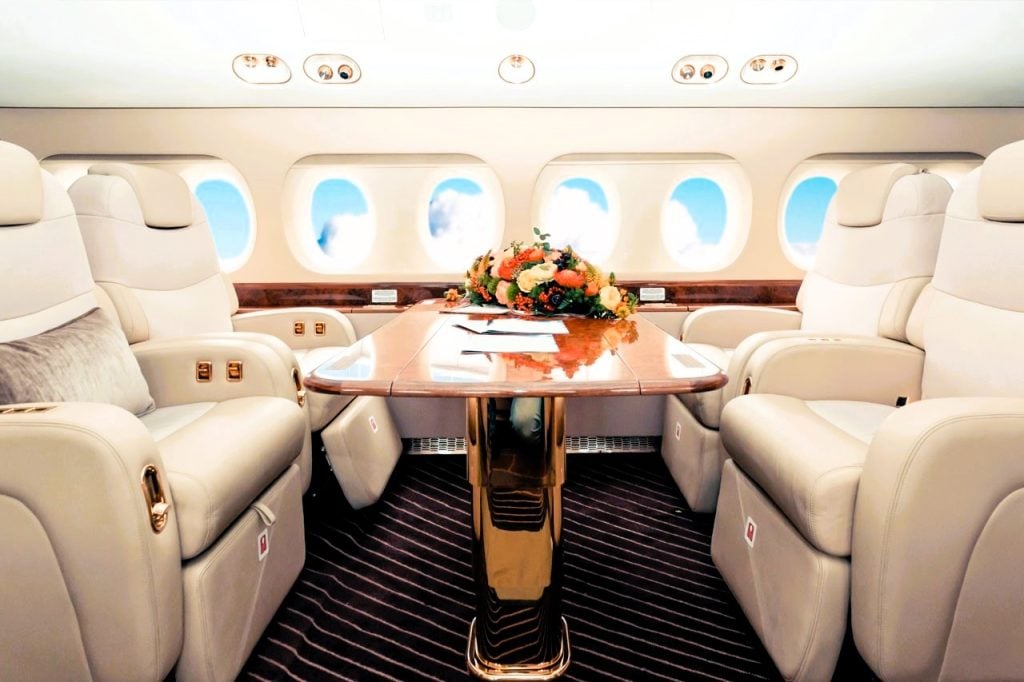In an age dominated by the allure of private jets, the concept of air charter has gained significant traction as a viable alternative to commercial air travel. While the idea of chartering an entire aircraft may seem like a privilege reserved for the elite, the reality is that this mode of transportation offers a plethora of benefits that can cater to a diverse range of individuals and organizations. From business executives seeking unparalleled flexibility to sports teams requiring seamless logistics, the air charter industry has evolved to meet the ever-changing needs of modern travelers.
8 Top Most Expensive Military Non-Fighter Aircraft
Understanding Air Charter
Air charter, at its core, is the process of renting or “chartering” an entire aircraft for a specific journey. Unlike traditional commercial flights, where passengers purchase individual tickets, air charter allows clients to have complete control over the flight, from the departure and arrival times to the aircraft type and even the in-flight amenities. This level of customization and exclusivity is what sets air charter apart from its commercial counterparts.
The Air Charter Ecosystem
The air charter industry is supported by a complex ecosystem of various stakeholders, each playing a crucial role in the seamless execution of these personalized flights. At the heart of this ecosystem are the Part 135 operators, also known as private jet operators, who own and maintain the aircraft. These operators work closely with air charter brokers, who serve as intermediaries, connecting clients with the most suitable aircraft and flight options.
The Booking Process
The air charter booking process typically begins with the client reaching out to an air charter broker or directly to a Part 135 operator. During this initial contact, the client will discuss the specifics of their travel requirements, including the desired aircraft, departure and arrival locations, and any additional preferences. The broker or operator then sources the appropriate aircraft from their network and provides the client with a comprehensive quote, outlining the flight details and associated costs.
Once the client selects their preferred option, a charter agreement is drafted, outlining the rights and responsibilities of both parties. This agreement covers everything from the flight itinerary to payment terms and any additional services, such as ground transportation or catering. With the agreement signed and payment made, the flight is officially booked, and the client can look forward to their personalized air travel experience.
The Advantages of Air Charter
The allure of air charter lies in the myriad of advantages it offers compared to traditional commercial air travel. From unparalleled flexibility to enhanced privacy and comfort, the benefits of chartering an aircraft are truly transformative.
Flexibility and Customization
One of the primary advantages of air charter is the unmatched flexibility it provides. Clients have the freedom to choose their departure and arrival times, as well as the specific airports they wish to use, often including smaller, more convenient airfields that are inaccessible to commercial airlines. This level of customization allows travelers to optimize their schedules and minimize transit time, ultimately maximizing their productivity and efficiency.
Enhanced Privacy and Comfort
Air charter flights offer an unparalleled level of privacy and comfort, catering to the needs of discerning travelers. With exclusive access to the entire aircraft, clients can enjoy a secluded and distraction-free environment, conducive to conducting sensitive business meetings, relaxing with family and friends, or simply indulging in a luxurious travel experience.
Access to Remote Destinations
The versatility of air charter extends beyond the realm of flexibility and comfort, as it also provides access to remote or underserved destinations. By utilizing a network of smaller airports and private airstrips, air charter can connect travelers to destinations that may be difficult or time-consuming to reach via commercial airlines, opening up new possibilities for exploration and business opportunities.
Time-Saving Efficiency
Air charter flights are designed to streamline the travel experience, saving clients valuable time. Passengers can arrive at the private terminal closer to their departure time, avoiding the lengthy check-in and security processes associated with commercial airports. This time-saving advantage is particularly beneficial for business travelers, who can maximize their productivity and minimize disruptions to their schedules.
Specialized Services and Amenities
Air charter flights often come equipped with a range of specialized services and amenities that cater to the unique needs of their clients. From in-flight catering and concierge services to the presence of experienced flight attendants, these personalized touches elevate the overall travel experience, ensuring a level of comfort and convenience that is unmatched by commercial airlines.
5 World’s Most Powerful Battle Tanks 2024
Chartering for Diverse Needs
The versatility of air charter extends beyond the realm of private leisure travel, catering to a diverse range of industries and applications.
Business and Corporate Travel
Corporate executives, teams, and organizations frequently turn to air charter to facilitate their business travel needs. The flexibility and privacy offered by charter flights allow them to conduct confidential meetings, transport sensitive cargo, and reach remote locations efficiently, all while maintaining the highest levels of discretion and productivity.
Sports and Entertainment
Athletes, sports teams, and entertainment professionals often rely on air charter to ensure their safe and timely transportation to events, games, and performances. By chartering private aircraft, these high-profile individuals can avoid the logistical challenges and security concerns associated with commercial air travel, allowing them to focus on their respective endeavors.
Government and Military Applications
Governments and military organizations around the world utilize air charter services to transport officials, diplomats, and specialized equipment to destinations that may be inaccessible or unsuitable for commercial flights. The ability to customize the aircraft, flight routes, and security protocols makes air charter an invaluable asset for these specialized travel requirements.
Medical and Emergency Evacuations
In critical medical situations or emergency scenarios, air charter plays a vital role in the safe and efficient transportation of patients, medical personnel, and essential supplies. These specialized “medevac” flights are equipped with the necessary medical equipment and staffed by trained medical professionals, ensuring the highest level of care and safety during the transfer.
Cargo and Logistics
Air charter is not limited to passenger transport; it also serves as a crucial component in the logistics and transportation of time-sensitive or oversized cargo. From delivering critical supplies to remote locations to facilitating the movement of specialized equipment, air charter provides a reliable and flexible solution for a wide range of cargo needs.
The Cost Considerations of Air Charter
While the advantages of air charter are undeniable, the cost associated with this mode of transportation is a significant factor to consider. Chartering a private jet can be significantly more expensive than flying commercially, with hourly rates ranging from $1,500 for very light jets (VLJs) to over $10,000 for large, VIP-configured “bizliner” aircraft.
However, it’s important to note that the cost of air charter can be justified in certain scenarios, particularly for businesses, organizations, or individuals with specific travel requirements. Factors such as time savings, enhanced productivity, and the ability to reach remote destinations can outweigh the higher per-flight costs, making air charter a viable and even cost-effective option in certain circumstances.
Additionally, there are various ways to access private jet travel, including fractional ownership, jet card programs, and membership-based models, which can provide more affordable alternatives to full aircraft charters.
5 Top Sniper Rifles in the Indian Military
The Complexities of Air Charter
While the benefits of air charter are numerous, it is crucial for clients to navigate the complexities of this industry with care and diligence. Factors such as aircraft maintenance, safety standards, and regulatory compliance must be carefully considered when selecting an air charter provider.
To ensure a safe and reliable experience, it is recommended that clients work with Wyvern and/or Argus-certified operators, as these organizations uphold the highest industry standards for maintenance, training, and safety protocols.
Conclusion
In an era where time is of the essence and privacy is paramount, air charter has emerged as a transformative mode of transportation, catering to the diverse needs of individuals and organizations across a wide spectrum. From the unparalleled flexibility and customization to the enhanced comfort and access to remote destinations, the advantages of air charter are undeniable.
As the industry continues to evolve, the demand for personalized, efficient, and luxurious air travel is only expected to grow, solidifying the role of air charter as a premier choice for discerning travelers and businesses alike. By understanding the fundamentals, navigating the complexities, and embracing the myriad of benefits, clients can unlock a new realm of possibilities and embark on truly extraordinary journeys, both personal and professional.
FAQs
1. How does air charter work?
A charter flight is a flight that is not part of an airline’s regular schedule. When you charter a flight, you are renting an aircraft for your own use according to your schedule. You have control over all the details once you have the aircraft.
2. Can anyone charter a flight?
You can technically charter a private jet directly from operators, but it’s generally more advantageous to go through a broker. There are several compelling reasons to choose a private broker over an operator. Notably, brokers often secure significant discounts due to their established, long-term relationships with operators.
3. How much does a charter flight cost in India?
The cost of a charter jet ranges from INR 80,000 to INR 10,00,000 per person, with flights starting at approximately INR 6,00,000.
4. How many charter flights are there in India?
As of April 2022, the Directorate General of Civil Aviation (DGCA) has reported that India has 95 non-scheduled operator permit holders, collectively possessing a fleet of 330 charter aircraft. The cost of chartering a private jet depends on the route and duration of the journey.
5. What is the difference between air charter and commercial flights?
The primary differences between air charter and commercial flights lie in the level of flexibility, customization, privacy, and passenger experience. Air charter allows clients to have complete control over the flight itinerary, aircraft selection, and in-flight amenities, while commercial flights adhere to fixed schedules and standardized offerings.
